I initially compiled the following portfolio for the Digital Writing and Research Lab’s certificate program. I applied for and received my certificate in summer 2015. At the time, the certificate required a combination of nine “badges”: Web Presence, Social Networking, Presentations, Productivity and Digital Workflow, Visualization, three Digital Dialog badges demonstrating the applicant’s active engagement in relevant scholarly conversations, and a specialization in either Audio/Video, Code, Digital Publications, or Immersive Environments. My specialization was Audio/Video. The statement below synthesizes my digital work; links to my individual badge materials are available at the bottom of the page.
In this statement, I synthesize the work represented in my certificate materials in terms of professional development. To structure this synthesis, I focus on three interrelated areas: research, pedagogy, and networking.
First, research: When I began working in the Digital Writing and Research Lab (DWRL) in fall 2011, I saw digital rhetoric as an important area of study, but not one that was especially central to my research interests. In concert with my time in the lab, the materials I’ve gathered together for this certificate have helped me become much more familiar with digital rhetoric scholarship. Moreover, my own research is now thoroughly influenced by and engaged with such scholarship. Three of my badge submissions are especially illustrative of this influence: Presentations, Visualization, and Digital Dialog 1. The first two represent discrete projects that both draw on digital rhetoric scholarship and unfold in digital media. For Presentations, I submitted one installment from a four-part video series that I recorded at the 2012 Conference on College Composition and Communication (CCCC). This video series gave me the chance to interview a number of scholars about their views on the use of digital platforms at academic conferences like CCCC. My Visualization submission is a project I put together based on the next year’s CCCC. In that project, I draw on the work of rhetoric scholars who have used digital means of data visualization to document trends in the field of rhetoric and composition. I use a combination of word clouds, graphs, and maps to represent patterns and trends in the CCCC 2013 program. Digital Dialog 1, meanwhile, focuses on an audio interview I conducted with a scholar who studies Internet trolling.
In short, preparing each of those badges allowed me to (1) engage with and build on the work of digital rhetoric scholars and (2) learn to produce videos, static visuals, and audio using a range of digital platforms. My time in the lab has thus prepared me to both theorize and produce digital artifacts and phenomena.
Second, pedagogy: in one way or another, almost all my research interests are permeated by pedagogical concerns and vice versa. This cross-permeation is foregrounded in the materials I submitted for my A/V Specialization badge. Though I begin with a more theoretically oriented project (an audio interview I conducted with Victor Vitanza), most of the materials represented in that submission sit at the intersection of scholarship and pedagogy. For instance, the audio components of my publications in the journals Kairos and Hybrid Pedagogy both deal with pedagogical issues and possibilities, and the HASTAC lesson plan I mention takes one of my favorite mediums for creating scholarship—the podcast—and describes ways to incorporate that medium in the classroom.
My professional development in the areas of digital research and digital pedagogy constitutes significant preparation for a career in rhetoric and composition. I have explored a range of media, software, and hardware—from podcasts to digital video, Adobe’s Creative Suite to open-source programs, high-quality digital video cameras to cheap clip-on microphones—that will allow me to pursue digital research outside the context of the DWRL and its resources. For example, I’ve developed the ability to produce hi-fi audio scholarship, but I’m equally prepared to guide a group of students through producing podcasts with nothing more than a smartphone or a laptop. Moreover, the connections I’ve traced between scholarship and pedagogy reflect the broader disciplinary commitments of rhet/comp as well as the discipline’s increasing investment in digitally oriented pedagogical and scholarly practices.
At a practical level, however, what’s been perhaps most important about my time in the lab has been the opportunity to network with other rhet/comp scholars, teachers, and students. This is reflected in almost all of my certificate materials. From collaboratively authoring a webtext for Kairos (see my A/V Specialization badge) to coordinating a webinar with rhet/comp graduate students at six institutions (see Digital Dialog 2), from engaging digital rhetoricians on Twitter (see Digital Dialog 3) to interviewing around 20 rhetoric scholars for the podcasts I’ve worked on, I am familiar with a range of people, institutions, research areas, and pedagogical approaches that I would not otherwise know. This comfort and familiarity has helped me connect with other scholars at conferences, design and implement digital projects in the classroom, frame and develop successful conference proposals and journal articles, and start my own podcast on rhetorical theory. I am able to collaborate on and teach digital artifacts, but I am also prepared to pursue such projects on my own in a range of institutional contexts. Whether I end up at a research university, a liberal-arts college, or another sort of educational institution, my time in the DWRL has—as this certificate demonstrates—helped me develop an adaptable set of digital skills and ways of thinking about digital technologies that will benefit me as a student, teacher, and scholar of rhetoric.
For ease of access, I’ve gathered my badges below. Hover over the icon to see the name of the corresponding badge; click to access the artifact and explanation.
DWR Certificate Badges
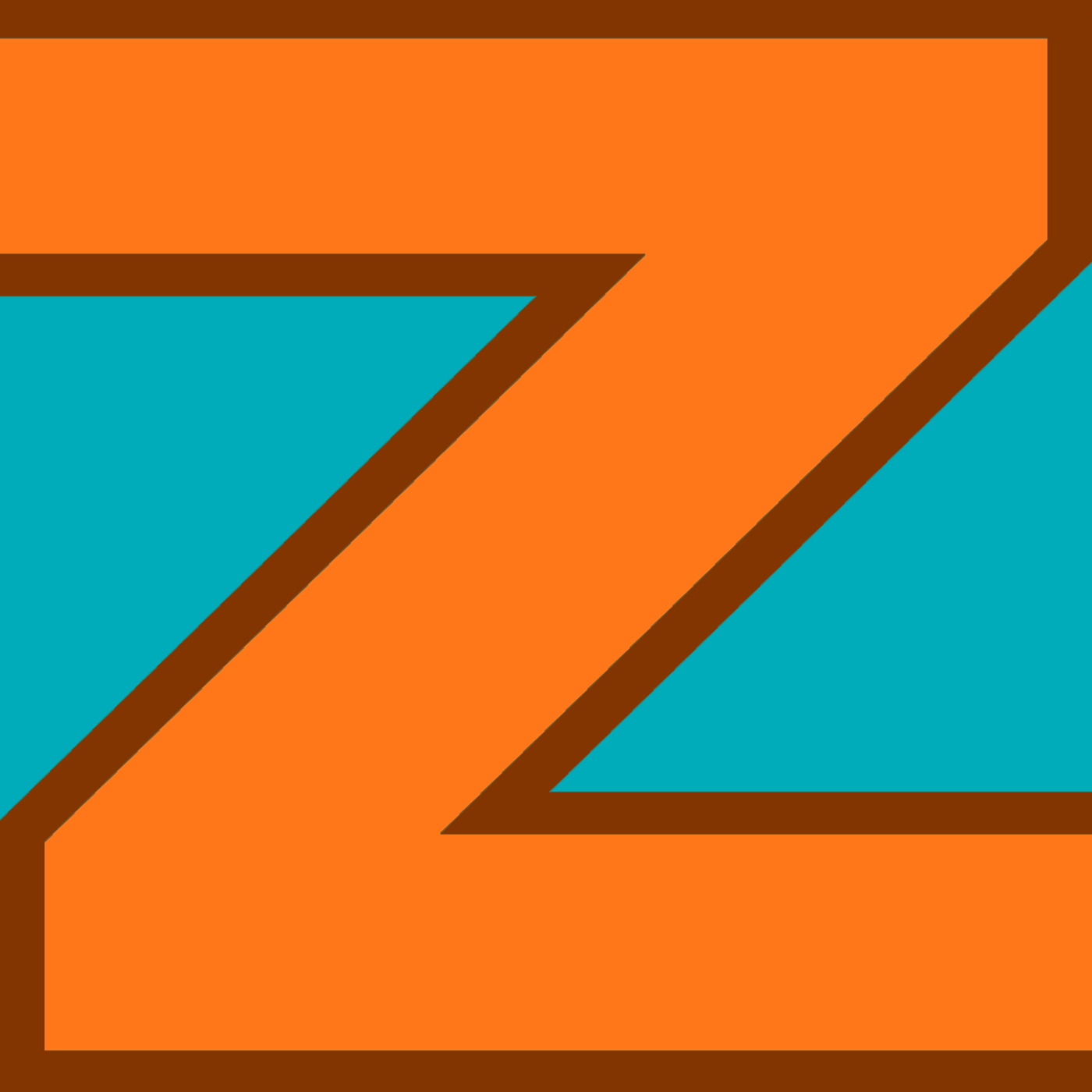
|

|

|
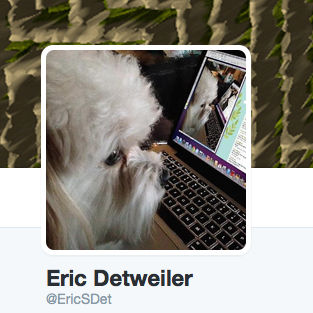 |
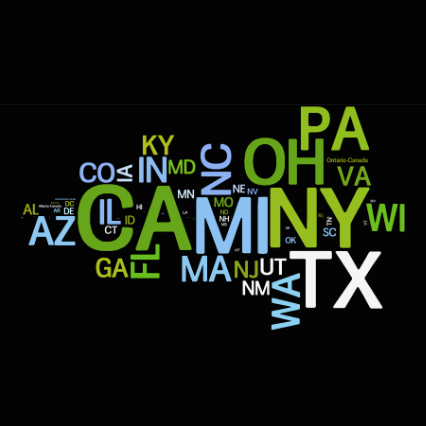 |
 |
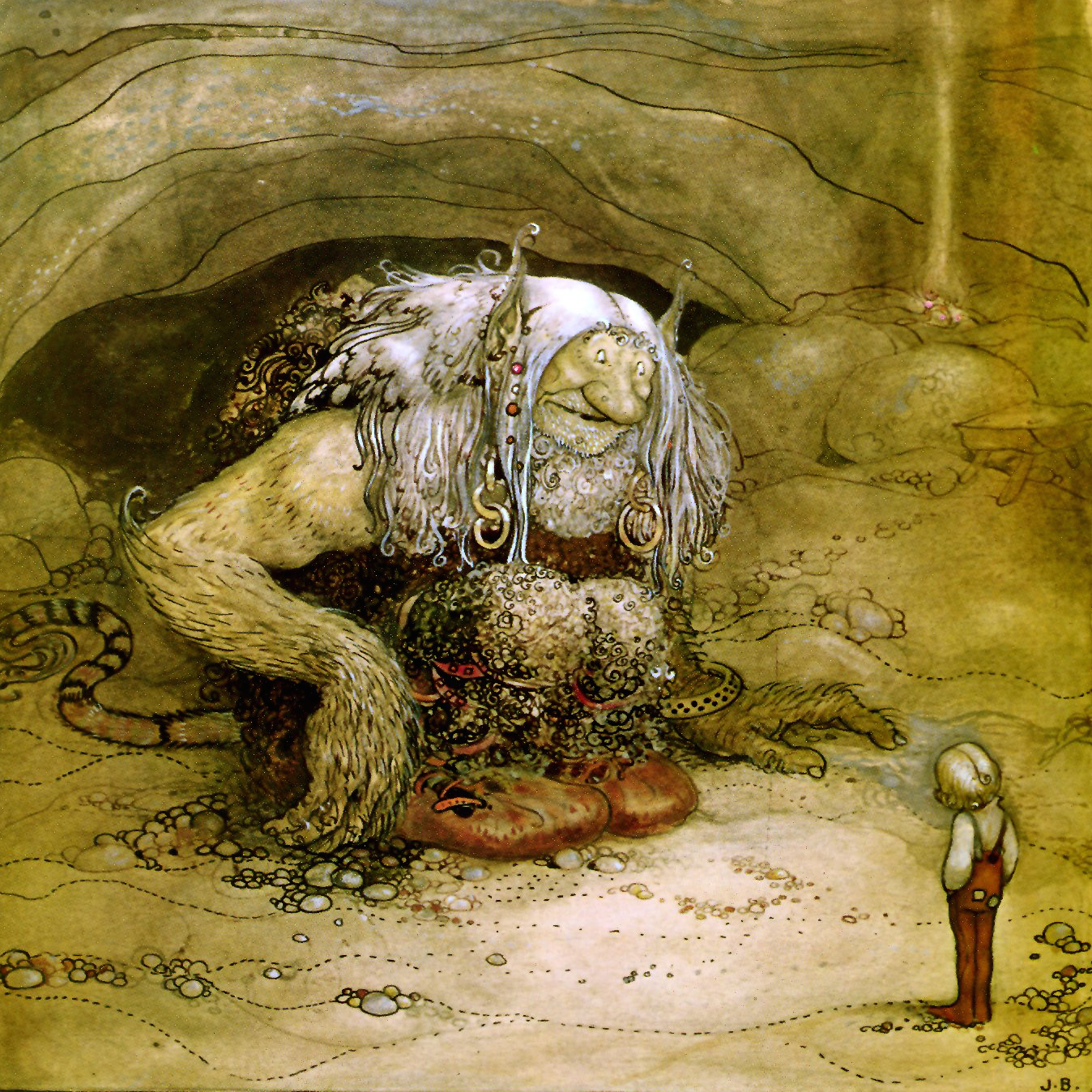 |
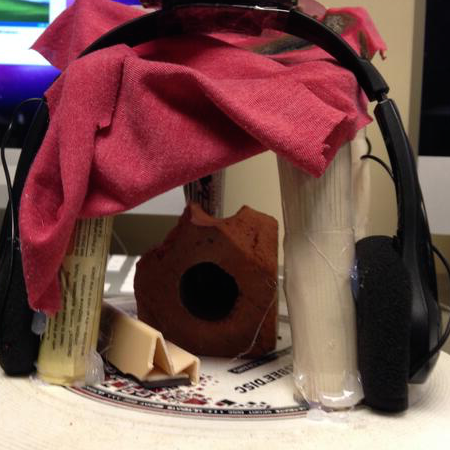 |
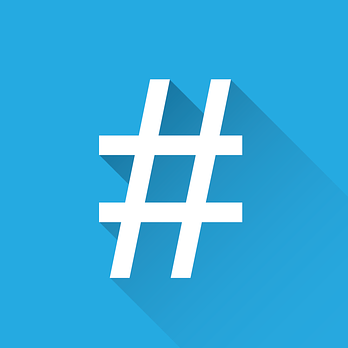
|